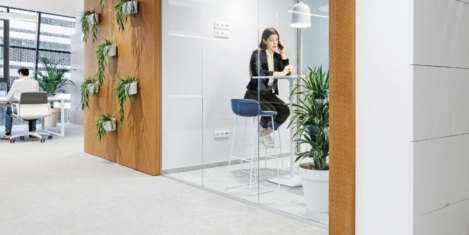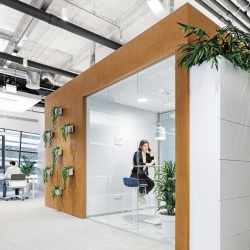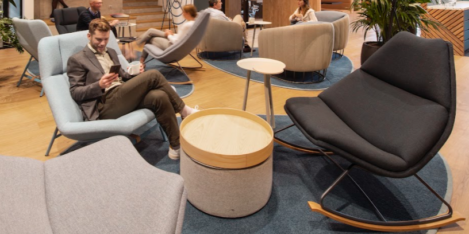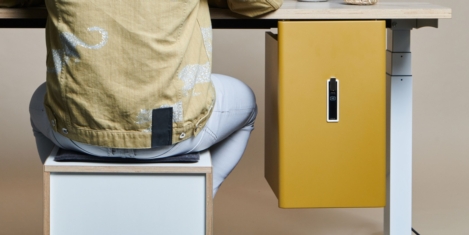To provide the best experiences, we use technologies like cookies to store and/or access device information. Consenting to these technologies will allow us to process data such as browsing behaviour or unique IDs on this site. Not consenting or withdrawing consent, may adversely affect certain features and functions.
The technical storage or access is strictly necessary for the legitimate purpose of enabling the use of a specific service explicitly requested by the subscriber or user, or for the sole purpose of carrying out the transmission of a communication over an electronic communications network.
The technical storage or access is necessary for the legitimate purpose of storing preferences that are not requested by the subscriber or user.
The technical storage or access that is used exclusively for statistical purposes.
The technical storage or access that is used exclusively for anonymous statistical purposes. Without a subpoena, voluntary compliance on the part of your Internet Service Provider, or additional records from a third party, information stored or retrieved for this purpose alone cannot usually be used to identify you.
The technical storage or access is required to create user profiles to send advertising, or to track the user on a website or across several websites for similar marketing purposes.
 Any business that is looking to grow its consumer base or expand into new markets is likely to be relying on digital technology to a greater extent than ever before both in their operations and management. This also means that the world of employment, both for workers and enterprises, is necessarily evolving too. An inevitable consequence of this evolution has been that those for whom technology has been an essential part of their life and education — so-called digital natives — are in growing demand. (more…)
Any business that is looking to grow its consumer base or expand into new markets is likely to be relying on digital technology to a greater extent than ever before both in their operations and management. This also means that the world of employment, both for workers and enterprises, is necessarily evolving too. An inevitable consequence of this evolution has been that those for whom technology has been an essential part of their life and education — so-called digital natives — are in growing demand. (more…)






 Building on the success of its launch event, the Evening Standard’s SME XPO 25-26 April 2023 at ExCeL London, once again invites founders, entrepreneurs and business leaders to attend an action-filled
Building on the success of its launch event, the Evening Standard’s SME XPO 25-26 April 2023 at ExCeL London, once again invites founders, entrepreneurs and business leaders to attend an action-filled 

























March 1, 2023
The rise of the pods shows how the workplace pendulum swings
by Ben Capper • Comment, Workplace design